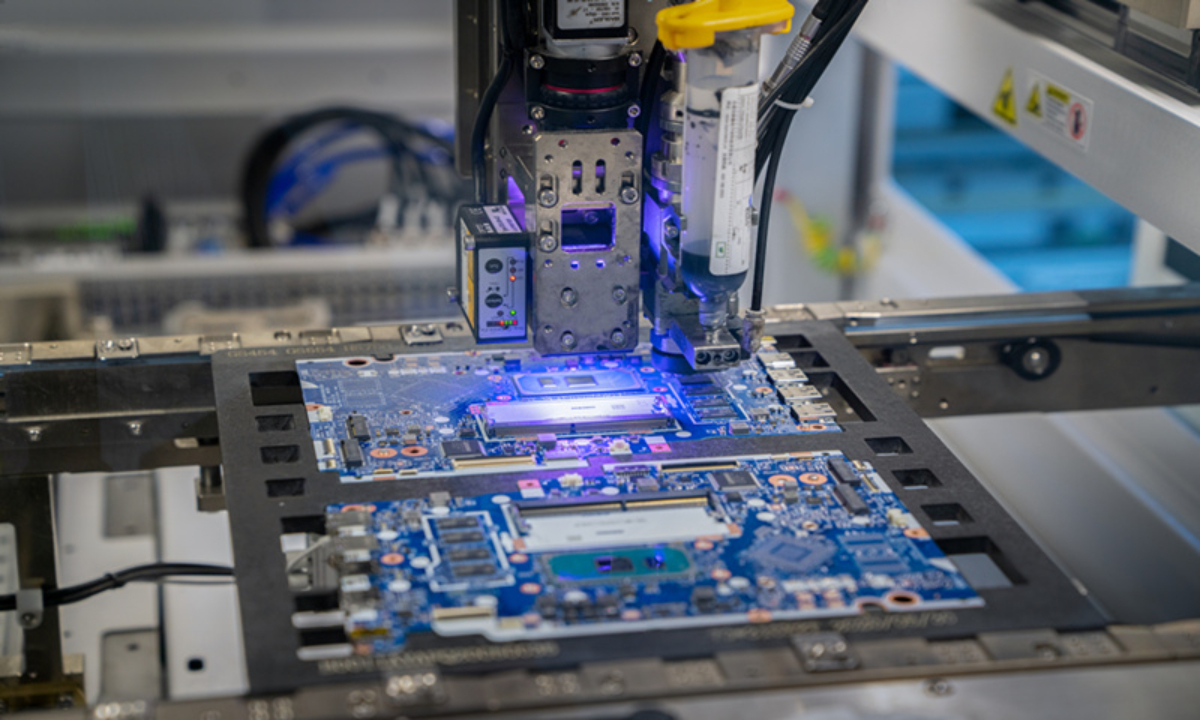Former HiSilicon Staff Face Jail Time in Major Chip Tech Theft Case

Shanghai, China – A landmark case involving the theft of sensitive chip technology from Huawei subsidiary HiSilicon has concluded with 14 former employees sentenced by a Shanghai court. The verdict marks the culmination of a nearly four-year investigation into Zunpai Communications Technology Co.'s infringement of HiSilicon’s trade secrets, sending shockwaves through China’s semiconductor industry.
The Case Unfolds: A Detailed Look
The saga began when HiSilicon, a key player in China’s push for semiconductor independence, discovered that Zunpai Communications Technology Co. had unlawfully acquired and utilized confidential information. The stolen data reportedly included crucial technical details related to chip design and development, representing a significant blow to HiSilicon’s competitive advantage and potentially national security interests. The alleged theft involved a coordinated effort by a group of former HiSilicon employees who joined Zunpai, bringing with them invaluable knowledge and expertise.
The Verdict: Sentences and Implications
The Shanghai court's first-instance ruling has seen 14 former HiSilicon employees receive sentences ranging from probation to several years in prison. While the specifics of each sentence remain confidential, the severity of the punishments underscores the seriousness with which the court views intellectual property theft. Zunpai Communications Technology Co. is also expected to face substantial penalties, including financial compensation and potential operational restrictions.
Why This Case Matters: Impact on China's Tech Ambitions
This case highlights the growing challenges China faces in protecting its intellectual property as it strives to become a global leader in technology. The semiconductor industry, in particular, is a strategic priority for China, and safeguarding its technological advancements is crucial for achieving self-sufficiency. The theft of HiSilicon’s chip technology not only harms the company directly but also undermines the broader national effort to reduce reliance on foreign technology.
Broader Context: Intellectual Property Protection in China
The Chinese government has been increasingly focused on strengthening intellectual property protection in recent years, driven by both domestic and international pressure. However, enforcement remains a challenge, and cases like this demonstrate the ongoing need for robust legal frameworks and rigorous prosecution of IP offenders. The HiSilicon case is likely to serve as a deterrent to others considering similar actions and could potentially lead to stricter regulations and enforcement measures within the semiconductor industry.
Looking Ahead: The Future of China's Semiconductor Industry
The outcome of this case will undoubtedly have a lasting impact on the Chinese semiconductor landscape. It reinforces the importance of ethical business practices, employee loyalty, and robust security measures for protecting valuable intellectual property. As China continues its pursuit of technological innovation, maintaining a strong commitment to IP protection will be essential for fostering a sustainable and competitive industry. The case serves as a reminder that innovation thrives in an environment of trust and respect for intellectual property rights.






